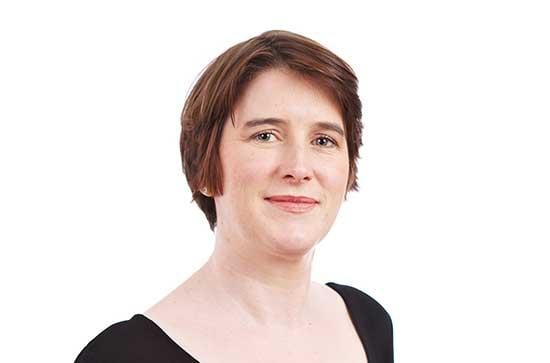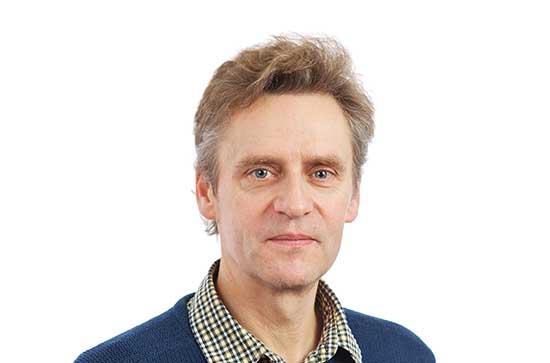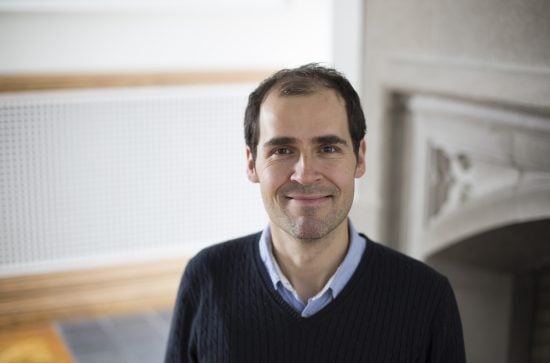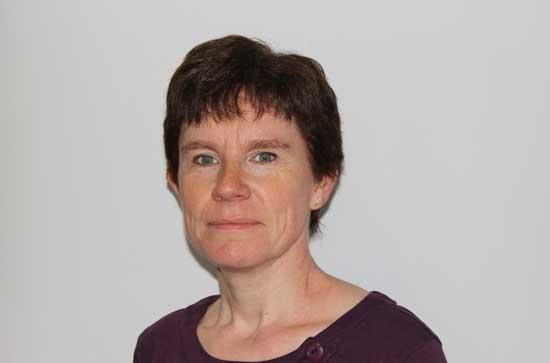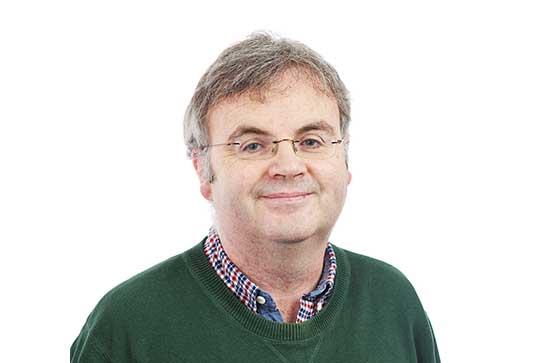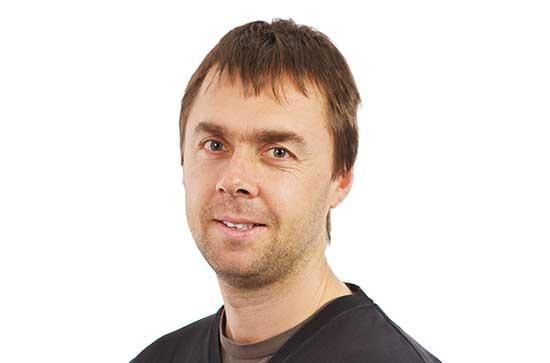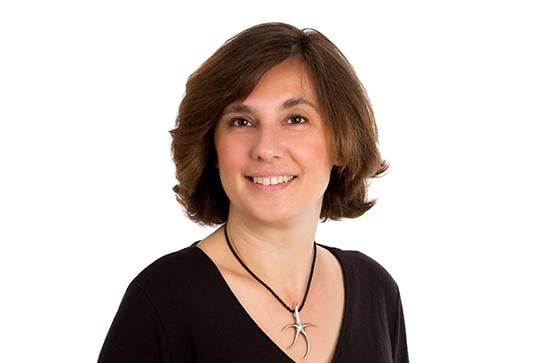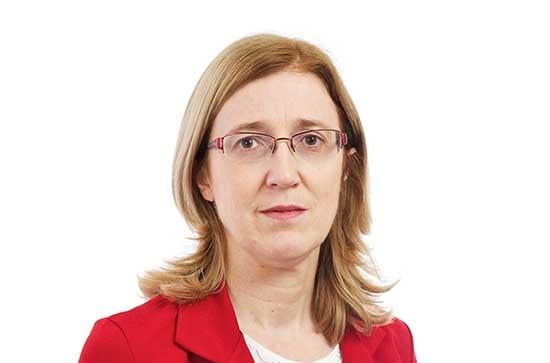Qualification : BACHELOR OF SCIENCE DEGREE
Award Type and NFQ level : UNDERGRADUATE DEGREE (8)
CAO/MU Apply code : MH415
CAO Points : 423
Closing Date : 01 July 2025
Degree Overview
> This is the first integrated BSc/MSc degree in Economics in Ireland: having achieved 55% or more in the BSc Economics, students have the option to automatically progress to the MSc Economics programme. This results in an MSc degree after four years.
>This degree suits analytical students who have a passion to tackle pressing socioeconomic challenges such as poverty, unemployment, financial instability, gender and racial inequality and the effects of climate change.
>BSc Economics students learn to take a scientific, evidence-based approach in order to understand, critique and create policies to combat economic and social problems.
>Data analysis skills are developed steadily over the course of the degree.
>From first year, students learn how to do independent research, not just consume knowledge created by others. The focus on independent research allows students to flourish based on their individual curiosity and strengths.
>Throughout the degree, students take modules from a variety of disciplines such as Sociology, Geography, Law and Statistics. This allows students to develop synergies in their own research.
>Students benefit from a personal academic advisor who guides them throughout their studies.
Duration: 3 years (4 years with optional placement or Erasmus/Study Abroad)
Following 3rd year, from BSc Economics, students can automatically continue with the MSc Economics Programme should they perform at the required level i.e. 55% overall in the BSc degree. This results in a MSc degree after four years.
1st year
- Microeconomics, Macroeconomics, Information Economics, Econometrics I (Statistics for Economists)
- In addition, you will take a research skills module titled Exploring Economics
- You will take two 15-credit subjects (typically two modules in each subject) outside of Economics - at most one from each group. Choose your two subjects (one of which may be Critical Skills) from Subject Groups 1, 3 (excluding Mathematical Studies) or 5 on p 32. Maximum one subject per Subject Group. Subject Groups.
2nd year
- Intermediate Microeconomics and Macroeconomics, Econometrics II, History of Economic Thought, Statistical Computing with R, Corporate Finance, Advanced Quantitative Methods
- In addition, you will earn credits for the BSc Team Project
Optional work placement after 2nd year:
You will have the option to add a year-long accredited placement in Ireland or abroad to your degree. The University will support you in the search for a placement job; however, the process is competitive.
3rd year
- Advanced Microeconomics (Game Theory) and Macroeconomics, Applied Econometrics
- And you will undertake the year-long BSc Economics Thesis
Following 3rd year, from BSc Economics, students can automatically continue with the MSc Economics Programme should they perform at the required level i.e. 55% overall in the BSc degree. This results in a MSc degree after four years.
| Subject | Required | Ordinary Level Grade | Higher Level Grade |
|---|---|---|---|
| Irish | Yes | O6 | H7 |
| English | Yes | O6 | H7 |
| Language | No | N/A | N/A |
| Math | Yes | O1 | H5 |
| Science | No | N/A | N/A |
International & EU/EFTA Entry Requirements
Mature Students
Mature Applicants
Mature applciants are assessed separately to school-leavers. Mature applicants are 23 years or older by 1st January in the year of entry to the University. For part-time/flexible degrees the mature age is 21.
Mature applicants who have a disability
If you have a disability or specific learning difficulty (e.g. dyslexia), and require examination support for any required written exercise/interview which may form part of your application assessment please submit supporting documentation by 15 March 2025 to the Access Office. Unfortunately we are unable to consider applications for alternative examination accommodation after this deadline.
01 February 2025
Additional Information
Leaving Certificate Applicants
Required to present 2H5 & 4O6/H7, Irish, English & O1/H5 Mathematics. MH415 Round 1 Points 2024: 423
You do NOT need have taken Leaving Certificate Economics to study MH415.
HEAR and DARE
DARE: The Disability Access Route to Education is a third level alternative admissions scheme for school-leavers whose disabilities have had a negative impact on their second level education.
HEAR: The Higher Education Access Route is a third level admissions scheme for school leavers from socioeconomically disadvantaged backgrounds.
Contact the Access Office for more information about these access routes.
APPLY TO THE CAO - WWW.CAO.IE
The application process depends on the type of applicant you are. Click here for all information about how to apply.
Categories of applicant:
- School-leavers (Leaving Certificate students)
- Mature students (23 years or older by 1st January in the year of entry to the University/part-time degrees the mature age is 21)
- EU/EFTA/UK students
- International students (outside the EU)
- QQI (Further Education) students
- Transferring students
- Deferring students


